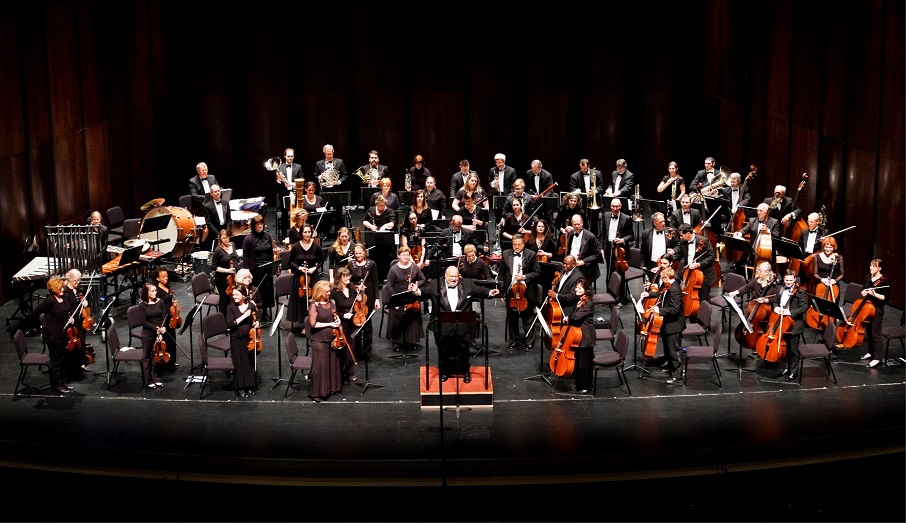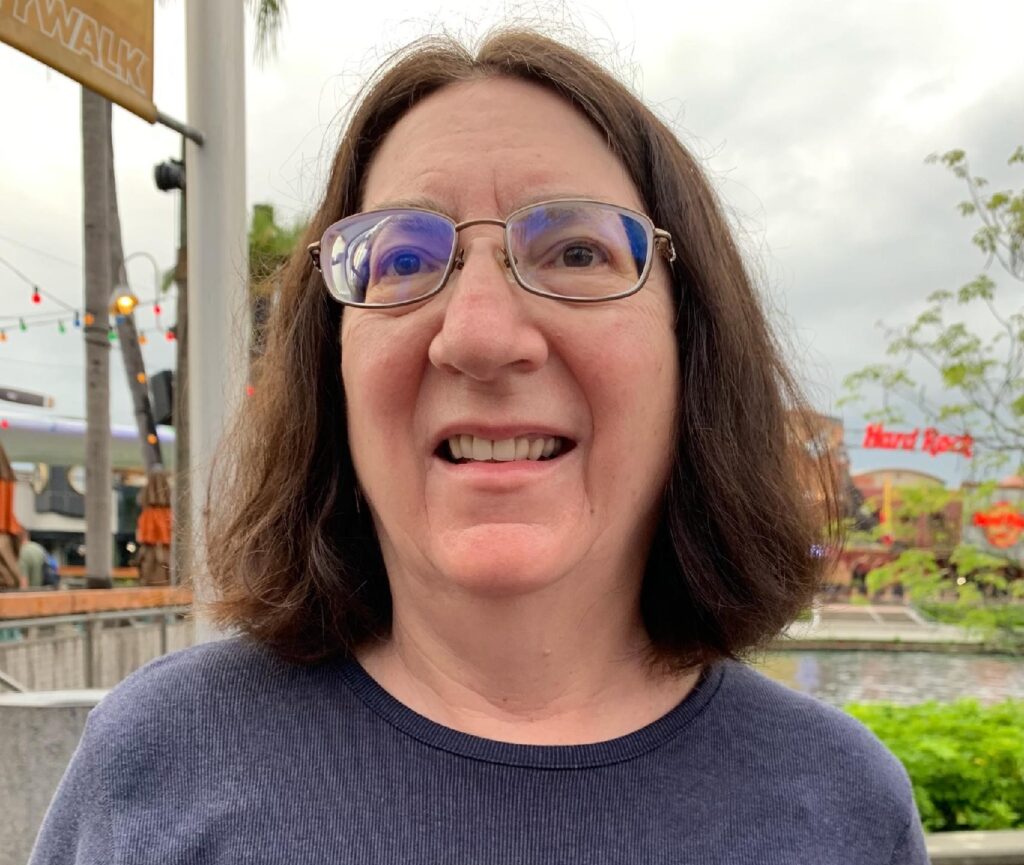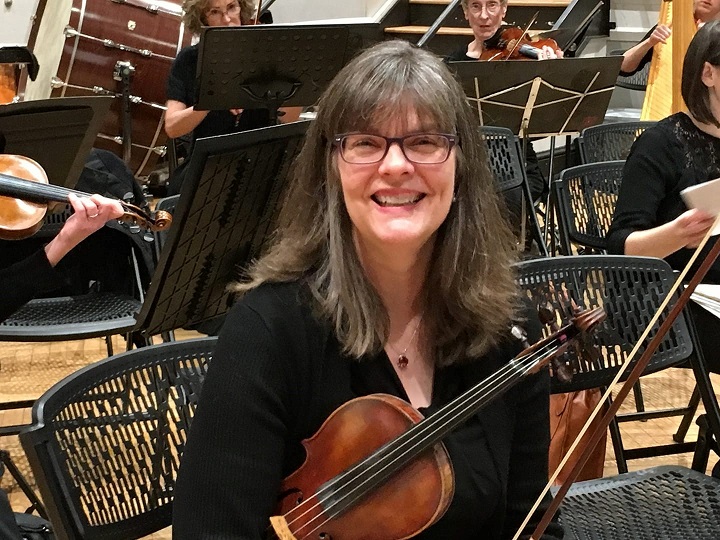Monday Musicale with the Maestro – April 19, 2021 Thanksgiving in April: Celebrating One Year of Monday Musicales with the Maestro!
Special Dedication Edition
In last week’s blog, I mentioned my composing process and my feelings about it that run the gamut from gleeful to glum. In this, I am not alone. Trying to create first-rate work is not easy for anyone! No one can be objective about their children or their artistic creations. For instance, Tchaikovsky thought his 1812 Overture was terrible, and he believed that Cherevichki was his greatest opera—which it’s not. (Eugene Onegin is.)Because of the highly subjective nature of artistic assessment, self-doubts and second-guessing can assail an artist even if a new piece has been both a popular and financial success.
Neil Simon, one of my favorite American playwrights, is quite candid in describing his own fluctuating confidence and diffidence as an artist. Despite popular and critical success with such works as Barefoot in the Park, The Odd Couple, and (for me) his masterpiece, The Sunshine Boys, he says in his introduction to The Collected Plays of Neil Simon, Vol 2,
I am in a no man’s land of self-evaluation. On a Tuesday I see myself as so gifted that I think the cornflakes I left over for breakfast should immediately be wrapped up and sent to some Literary Museum for bronzing and held for posterity. . . .Come around on a Thursday and I will grovel at your feet to take me on as a shipping clerk in a dockside factory that manufactures “I Love New York” ash trays. My confidence not only blows with the wind but is susceptible to the currents caused by a butterfly at rest. (7-8)
One day, when I worked as Resident Conductor of the North Carolina Symphony, I was having a conversation with a staff member about one of my works, Eulogy for a Dream. The Indianapolis Symphony Orchestra had recorded it, and it was going to be broadcast worldwide by WCPE-FM. It had already been played on a subscription concert by the NCS, so I’m not sure what doubts I was harboring. But I was acutely aware that she’d said everything about the piece except whether she liked it! So I asked her.
“Oh yes!’, she exclaimed. “I love it. I thought the piece more than merited its standing ovation.” And then, being in a typical Cancerian “lunar mood,” I asked what seemed a logical follow-up question: “Well, why didn’t you TELL me you liked the piece?!” She looked at me then with real astonishment in her eyes and said, “Bill, I didn’t think you needed a compliment!”
Dear friends and fans, everyone needs exterior validation of some sort! For us to withhold our expressions of approval from one another is to ignore the better angels of our nature.
I’m fond of a story told by the great 20th century Russian pianist, Sviatoslav Richter, describing his meeting with legendary conductor Carlos Kleiber after an inspirational performance of Wagner’s Tristan und Isolde at Bayreuth. (Kleiber, I should note, is regarded by every conductor as a standout for imaginative and stimulating gesticulation.)
Carlos Kleiber & Wiener Philharmoniker
Licensed to YouTube by: SME (on behalf of Sony Classical); Public Domain Compositions, and 3 Music Rights Societies
In his book Sviatoslav Richter-Notebooks and Conversations,” Richter writes of that particular performance,
I fear that as long as I live, I shall never hear another Tristan like this one. This was the real thing. Carlos Kleiber brought the music to a boiling point and kept it there throughout the whole evening (unleashing an interminable ovation at the end). There’s no doubt that he is the greatest conductor of our day. (239)
But when Richter caught up with the conductor backstage, he found Kleiber seeming “rather depressed and displeased with himself.” His mood was changed only when Richter shared his own impressions: “I told him what I thought and he suddenly leapt into the air with joy, like a child: ‘Also, wirklich gut?’ [So, it was really good?] Such a titan, and so unsure of himself” (239).
Performers are often so focused in the musical moment, so “in the zone,” that they are not witnessing their own excellence—as was the case with Kleiber. I don’t know why people so often fail to be openly supportive of one another. But I will say this, and my closest friends will know the sincerity of my statement:
If I could wish anything for the people of the world it would be that they not withhold the approval, the grace note, the simple common decency that every human being needs in order to better face darkness and doubt as they struggle to find the light and fulfillment.
In January 2008, I was honored to host a retrospective panel discussion held at the Conductors’ Guild Annual Conference in Baltimore. The focus was the career of conductor Sergiu Comissiona, who had passed away in 2005. It was he who, as Music Director of the Baltimore Symphony Orchestra, had hired me as their resident conductor when I was only 23. The panel was a group of people of impressive accomplishments, including the great American pianist Leon Fleisher (whom we lost a few months ago). All the members beautifully eulogized Sergiu. People shared their colorful memories of his transcendent performances and their fond recollections about his personal warmth and wry humor. But it was the comment at the end of the event, made by the orchestra’s librarian (Raymond Kreuger), which was the most memorable and helpful of all that day—the best I’ve ever heard at one of these gatherings:
We’ve all enjoyed sharing our memories today of this unforgettable man, who had greatness in him. And though he cannot be replaced, we all have other people in our lives who have positively influenced us and who we love for their virtues. However, let’s please remember to say these compliments to those people while they are still alive.
Unforgettable.
So today I want to thank the dedicated and brilliant people who have been responsible for being “the wind beneath my wings” during this full year of Monday Musicales with the Maestro. They all made invaluable contributions to making these blogs look and sound professional.

First, I would like to thank the members of the Durham Symphony Orchestra. In this series we have aired highlights from concerts by this wonderful ensemble. These are people who inspire me with their love of music, their talent, and their can-do personalities. Most of these musicians have day jobs, leave work, get a quick bite to eat, and then rehearse with us from 7:30 to 10 PM.

Perhaps the longest of those long days is experienced by our second clarinetist, librarian, stage crew, AND board member, Laura Manning. She is a dedicated high school band leader who is beloved by her students. She lives in Roanoke Rapids, which means that a DSO rehearsal (usually on Tuesday) will include rising at dawn, teaching until 3 PM, driving the two-and-a-half hours to Durham, passing out music, playing the clarinet for 2.5 hours, staying a full hour after the rehearsal to put away music, and then driving back to Roanoke Rapids at 11 PM. She gets home at 1:30 AM. After a few hours’ sleep she rises again to do God’s work as a teacher. That is the DSO Spirit indeed, and she inspires me!

Erin Munnelly, our wonderful principal flutist and personnel manager, is also in her fourth year on our board. Erin is not only one of the top professional flutists in the area, but she is also the reason we have such excellent musicians hired (and paid) to play these concerts. Among other things, she arranges auditions, hires subs, manages payroll, negotiates scheduling conflicts with other orchestras, addresses musician concerns, and assists with numerous board projects. Erin is a consummate professional in all her roles–as well as being kind, collegial, and a delight to work with.

Mark Manring was our recording engineer for these concert videos and has helped us prepare the titles for our broadcast. His dedication, high standards, and attention to detail have been praiseworthy. It is his hard work and talent that have enabled us to document the successes of our endeavors through many years!

Maxwell Wang (our DSO tubist and webmaster) has been incredibly generous with his time and technical expertise, assisting with audio and titles for broadcasts and providing support and updates for our website, where the Musicales are archived.


Tina Biello (Board Member) and Marianne Ward (volunteer extraordinaire and past President of the DSO Board) have been an unbeatable team for copy editing, digital layout, and publication of the Musicales to our website and social media. Tina is our marketing and social media specialist on the board, and Marianne has worn many “hats” for us this past year—including the writing of grants.

And I am extremely indebted (times one million) for the editing of my words by Suzanne Bolt, our assistant concertmaster and the acting executive officer on our board. While I have been an avid reader and “bookworm” since kindergarten, I freely admit that my knowledge of the rules for grammar is basically non-existent. (Yes–I know. Go ahead and shoot! But don’t forget that Irving Berlin and Paul McCartney never learned how to read MUSIC!) For these blogs, Suzanne has been my teacher, confidant, constructive critic, and wise guardian angel when my remarks have been necessarily blunt or needlessly barbed.
When I grow up, I want to be Oscar Peterson and Suzanne Bolt.
And finally, I am deeply grateful for the interest and compliments we’ve received from you—our viewers and subscribers! These blogs were initiated to keep us connected with our audience and to hearten our players when our live performances were shut down due to COVID-19. We were eager to remain a vibrant presence in our community and to reflect on the nature of the journey we’ve all been taking together through the years—including the fraught and peculiar year of 2020.
Thank you, dear friends—and onward we go!
William Henry Curry
Music Director
Durham Symphony Orchestra
Comprehensive Editor (Text): Suzanne Bolt
Copy Editor: Tina Biello
Digital Layout and Publication: Tina Biello

“Monday Musicale with the Maestro”
would not be possible without your support!
Thank you for being an important part of the
Durham Symphony Orchestra family!
We gratefully acknowledge support from the City of Durham, Mary Duke Biddle Foundation, the Durham Arts Council’s Annual Arts Fund, and the N.C. Arts Council, a division of the Department, of Natural and Cultural Resources.
. 



